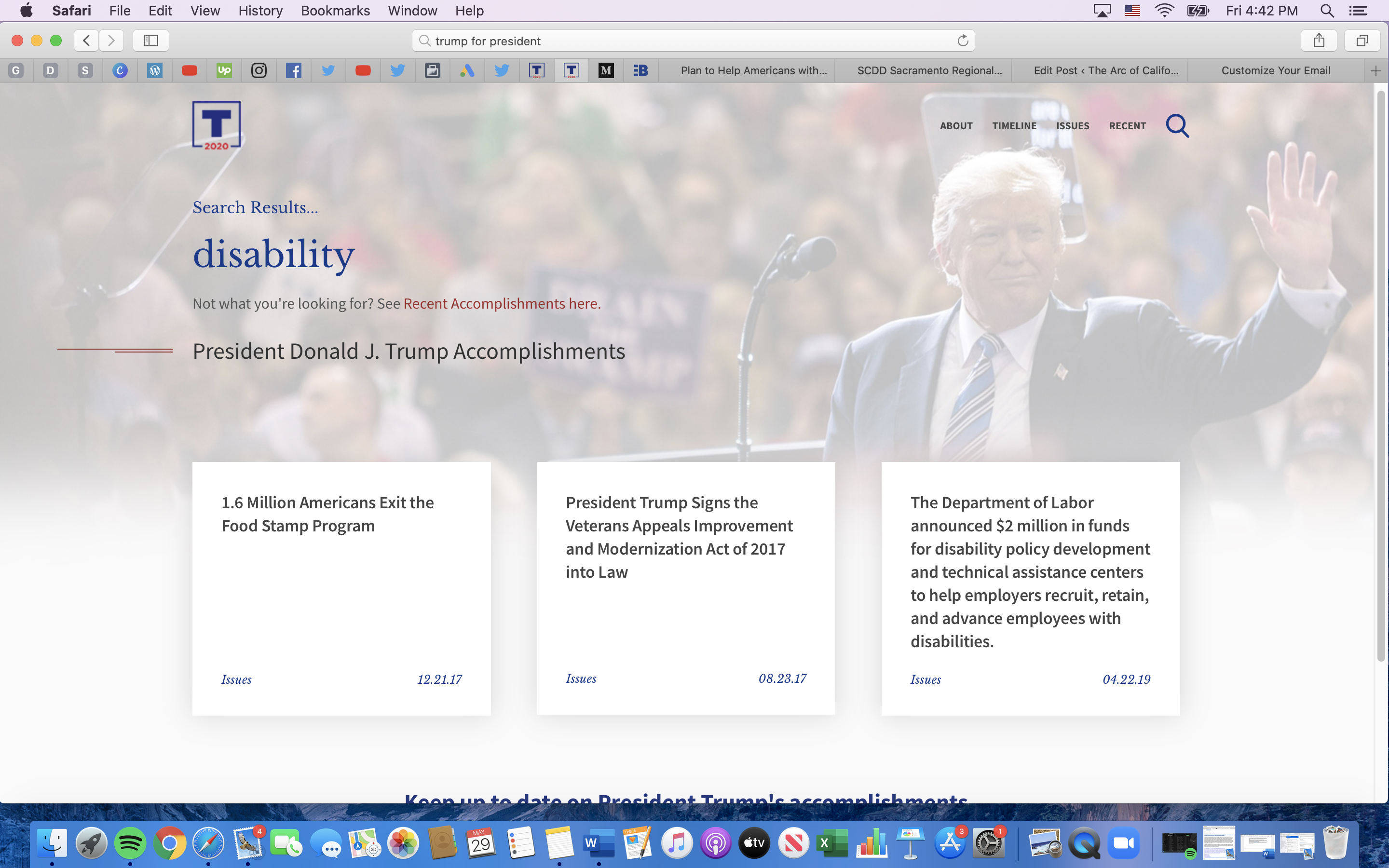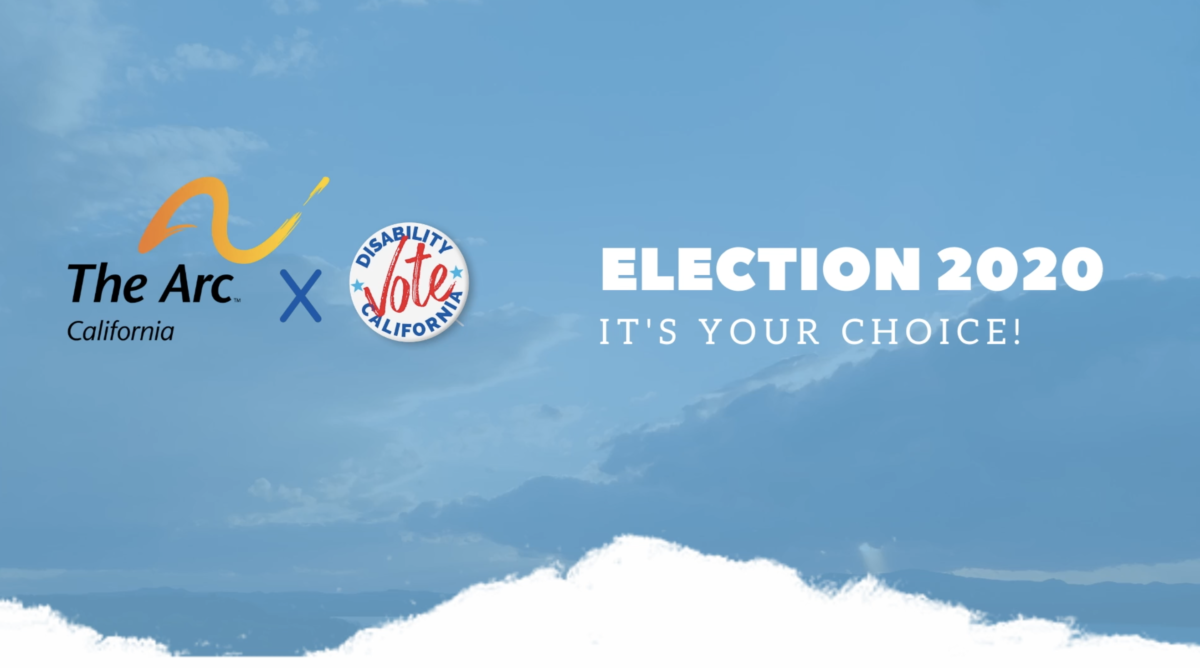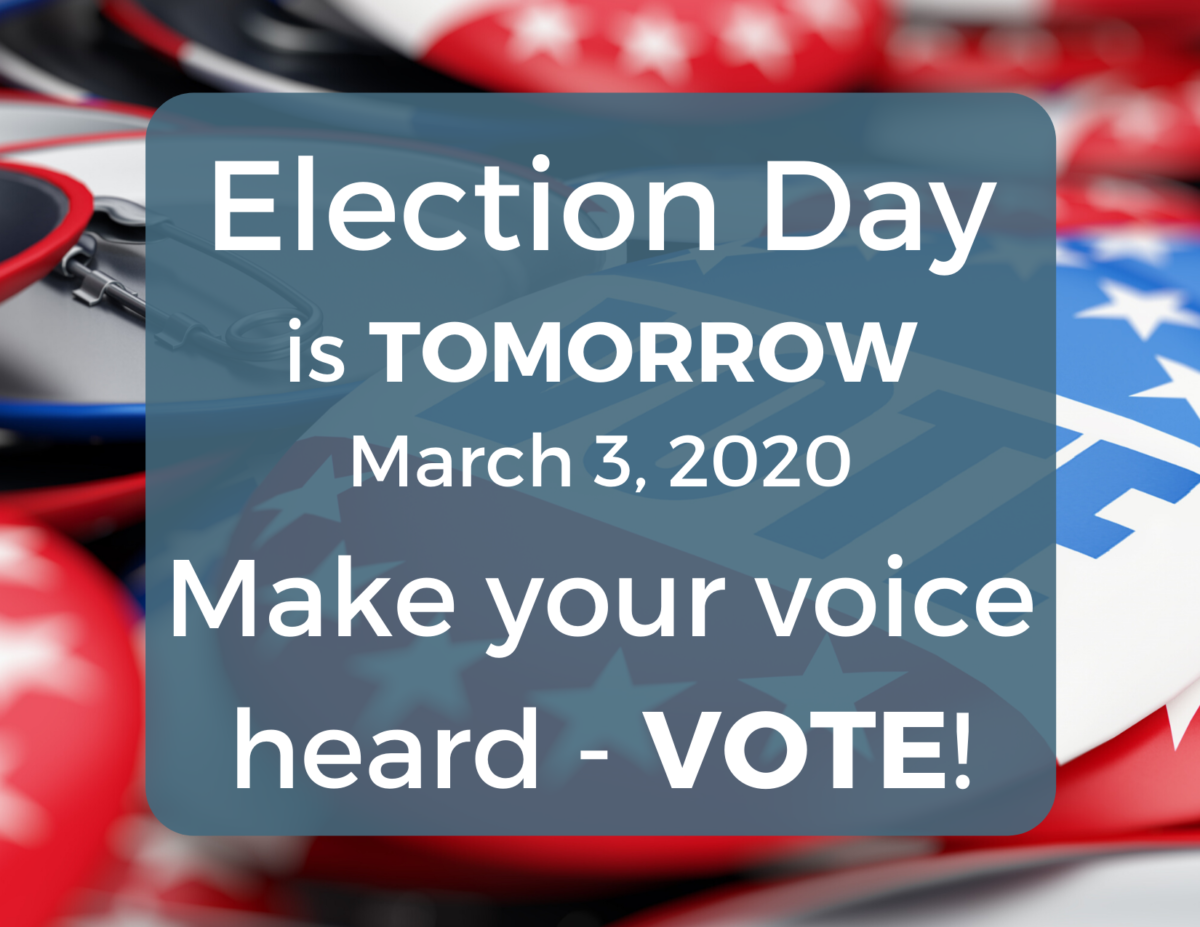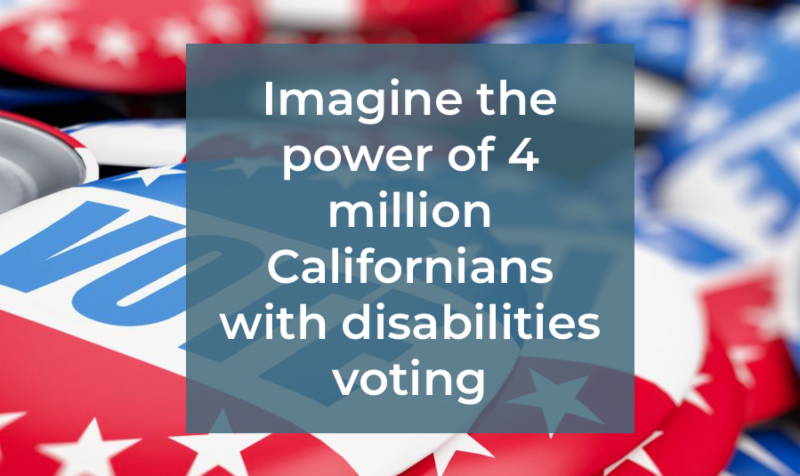After months of advocacy from within the disability community, Joe Biden’s presidential campaign released The Biden Plan for Full Participation and Equality for People with Disabilities – the broad plan for our community should Biden be elected in November – this plan takes an attack from all fronts approach to ensuring the equality that people with disabilities deserve.
The stated primary goals are to:
- Ensure full inclusion of people with disabilities in policy development and aggressively enforce the civil rights of people with disabilities.
- Guarantee access to high-quality, affordable health care, including mental health care, and expand access to home and community-based services and long-term services and supports in the most integrated setting appropriate to each person’s needs and based on self-determination.
- Expand competitive, integrated employment opportunities for people with disabilities.
- Protect and strengthen economic security for people with disabilities.
- Ensure that students with disabilities have access to educational programs and support they need to succeed, from early interventions to post-secondary education.
- Expand access to accessible, integrated, and affordable housing, transportation, and assistive technologies and protect people with disabilities in emergencies.
- Advance global disability rights.
Each of these goals is further broken down into sub-goals and strategies; often the reasoning behind the goals is defined with multiple citations to existing laws, laws Biden aims to pass, and statistical data highlighting the challenges which make the goals necessary. The plan promises to better enforce the ADA, IDEA, and Olmstead among others, to better fund the direct support professional workforce, to repeal the public charge rule which discriminates against immigrants with disabilities and their families, to work with Congress to get permanent reauthorization for the Money Follows the Person (MFP) program, to keep people with disabilities in their own homes and communities rather than congregant settings, to reform the criminal justice system so that it will better serve people with disabilities, to ensure access to appropriate education and special education from birth through college, and to reform SSI, SSDI, and social security to both increase the income people on these programs receive and to shore up the earnings and savings cliffs that jeopardize access to healthcare and benefits for people who rely on these programs who wish to work, or to get married. Of all of the democratic candidates who put forth disability policy platforms in this presidential election cycle this latest plan from Biden is only missing a kitchen sink. So, what would this mean for California’s intellectual and developmental disabilities (I/DD) community?
If we woke up tomorrow in a world where all of Biden’s plans as written were funded and enforced law it would mean adequate support for people with I/DD to live in the community of their choice, in adequate housing with access to transportation, access to voting rights and self-determination, and the ability to work if they wanted to in integrated settings making at least minimum wage. Children with I/DD would receive early intervention and appropriate accommodations as they progress through their education. We would all have healthcare, and if some form of Social Security were necessary it wouldn’t impede our ability to save, marry, or work. Immigrants with disabilities would be welcome, and law enforcement would be trained to respond appropriately to people with communications differences, behavioral, mental health, or any other form of disabilities. Furthermore, people with disabilities would be employed at high levels in multiple parts of the federal government, advocating on our community’s behalf across policy issues.
Perhaps the greatest asset of the Biden plan is that it is built on an understanding of the scope of disability. Disability is present in all aspects of life, and other identity defining traits (such as being a person of color or LGBTQ) are likewise present for many people with disabilities, and that these aspects of a single person’s identity may present additional challenges to obtaining true equality in America in a variety of ways.
As with everything, there is room for improvement in this plan. It promises so much. It reads as though the Biden campaign took notes directly from the vast array of disability advocates who have been pushing them, and then rather than thinking through what would be immediately actionable and benefit the most people, or the people in the greatest need first, the plan simply weaves everyone’s ideas together into one gigantic mega-plan with limited strategy. On the one hand this is great. Who doesn’t want to fix all of the problems immediately? The difficulty comes in when we consider how a Biden administration might go about making these plans our new reality. There are no clear priorities as to what comes first. How will a Biden administration roll out such a sweeping set of changes and enforcements? Many of these plans will be costly, and as we are currently mid pandemic recession some blueprint to implementation would reassure voters that serious thought had gone into the idea that people will be following through on these plans. After all, members of Congress and the Senate, not to mention the voting public, will need to be convinced that they should fund them.
Biden’s plan may overpromise, but what about President Trump? Currently, President Trump does not have a specific disability policy available on his campaign webpage. On reading through the “Promises Kept” (policy) sections of his website disability is only mentioned in the context of Veterans. When I typed “disability” into the search box of the Promises Kept section the image below contains all of the information which came up:

This presidential election cycle did see a dramatic increase in candidates assembling a disability specific policy platform when compared with previous elections. Hopefully President Trump will put something together, and when he does, I will share it. Until then President Trump’s campaign policy website can be found here: https://www.promiseskept.com






